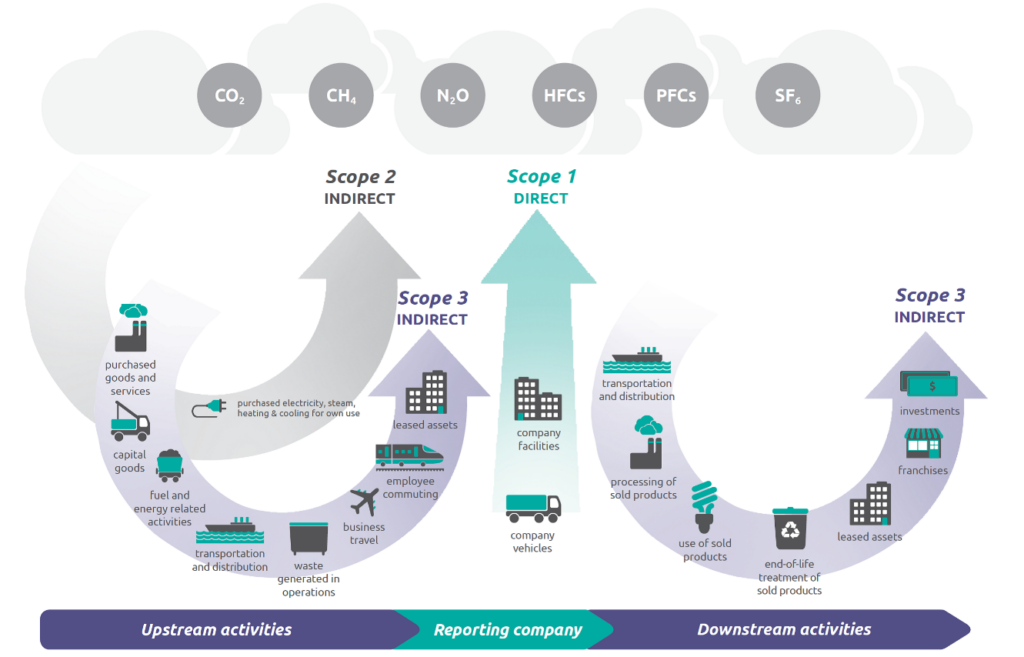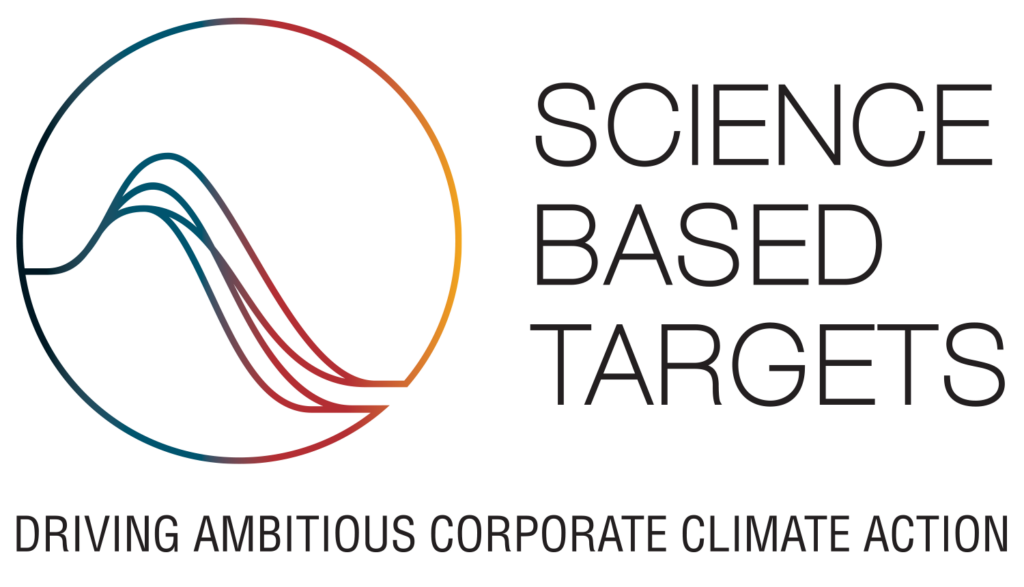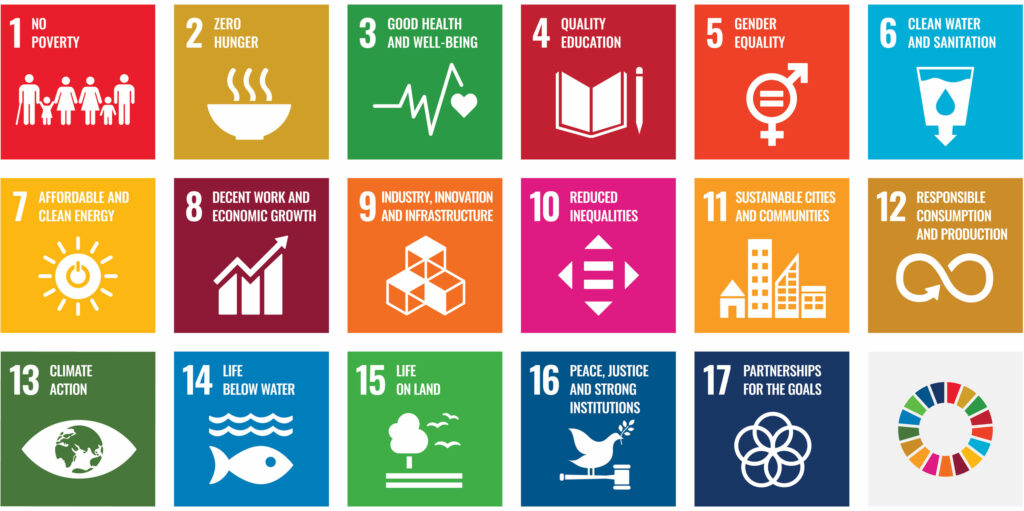
Sustainability touches lots of business areas and as such is connected to numerous external memberships and reporting standards. This edition of our glossary gives a bit more information on some of these and why they’re important. If you have any sustainability-related queries, feel free to reach out. A member of our sustainability team is ready to help and advise.
Scope 1 emissions are direct greenhouse (GHG) emissions that occur from sources that are controlled or owned by an organisation (e.g., emissions associated with fuel combustion in boilers, furnaces, vehicles).
Scope 2 emissions are indirect GHG emissions associated with the purchase of electricity, steam, heat, or cooling. Although scope 2 emissions physically occur at the facility where they are generated, they are accounted for in an organisation’s GHG inventory because they are a result of the organisation’s energy use.
Scope 3 emissions are the result of activities from assets not owned or controlled by the reporting organization, but that the organisation indirectly affects in its value chain. Scope 3 emissions include all sources not within an organisation’s scope 1 and 2 boundary. The scope 3 emissions for one organisation are the scope 1 and 2 emissions of another organisation. Scope 3 emissions, also referred to as value chain emissions, often represent the majority of an organisation’s total greenhouse gas (GHG) emissions.
The GHG Protocol defines 15 categories of scope 3 emissions, though not every category will be relevant to all organisations. Scope 3 emission sources include emissions both upstream and downstream of the organisation’s activities.

The Science Based Targets initiative (SBTi) drives ambitious climate action in the private sector by enabling organisations to set science-based emissions reduction targets.
Science-based targets provide a clearly-defined pathway for companies to reduce greenhouse gas (GHG) emissions, helping prevent the worst impacts of climate change and future-proof business growth.
Targets are considered ‘science-based’ if they are in line with what the latest climate science deems necessary to meet the goals of the Paris Agreement – limiting global warming to 1.5°C above pre-industrial levels.

The UN Global Compact is a voluntary initiative launched by the United Nations to encourage businesses and organisations worldwide to adopt sustainable and socially responsible policies. The initiative is based on ten principles that cover human rights, labour, environment, and anti-corruption. These principles are derived from various existing international agreements and declarations.
Principle 1: Businesses should support and respect the protection of internationally proclaimed human right; and
Principle 2: make sure that they are not complicit in human rights abuses.
Principle 3: Businesses should uphold the freedom of association and the effective recognition of the right to collective bargaining;
Principle 4: the elimination of all forms of forced and compulsory labour;
Principle 5: the effective abolition of child labour; and
Principle 6: the elimination of discrimination in respect of employment and occupation.
Principle 7: Businesses should support a precautionary approach to environmental challenges;
Principle 8: undertake initiatives to promote greater environmental responsibility; and
Principle 9: encourage the development and diffusion of environmentally friendly technologies.
Principle 10: Businesses should work against corruption in all its forms, including extortion and bribery.
The United Nations Sustainable Development Goals (SDGs), are a set of 17 goals designed to be a “blueprint to achieve a better and more sustainable future for all.” These goals were adopted by all United Nations Member States in 2015 as part of the 2030 Agenda for Sustainable Development. The SDGs address a wide range of global challenges, including poverty, inequality, climate change, environmental degradation, peace, and justice.

Check out our other articles and whitepapers to help broaden your understanding around these topics and find out how we are taking measure to enhance our sustainability efforts, if you have any questions please get in touch.